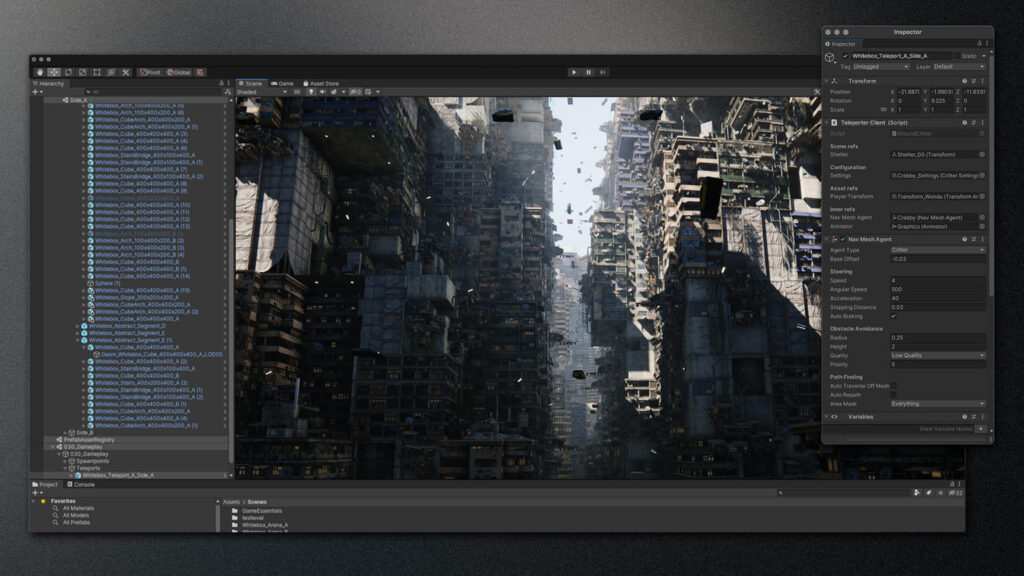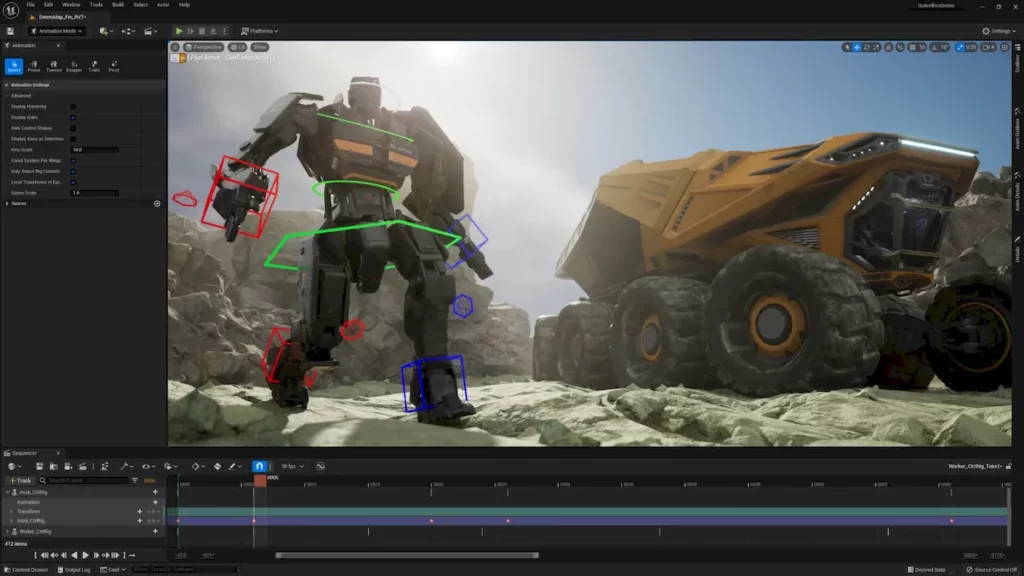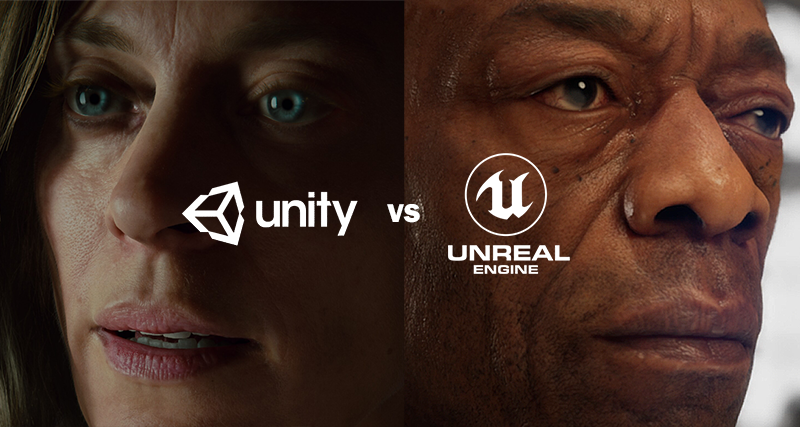Unity and Unreal Engine are two powerful choices for game development, each with its unique strengths and a significant presence in the industry. To make an informed decision, consider the specific needs of your project and the desired user experience.
Advantages of Unity Engine for game development:
Agile Prototyping: Ideal for mobile projects, Unity excels in quick prototyping, allowing you to efficiently test and refine your game ideas.
Versatility: Unity is suitable for a wide range of projects, whether they are mobile games like “Call of Duty: Mobile,” 2D masterpieces like “Ori and the Will of the Wisps,” or immersive 3D experiences like “Fall Guys.”
Asset Store: Unity boasts a vast asset store, providing a diverse selection of assets that can significantly speed up development.
Mobile Ad Implementation: Unity offers excellent tools for seamlessly integrating ads into mobile games, maximizing your revenue potential.
Thriving Developer Community: With a large and active community, Unity provides quick access to solutions for any development challenges you may encounter.
Versatile Export Options: Unity allows you to export your game to various platforms, including mobile, console, and web, ensuring widespread accessibility.
Third-party Integration: The engine supports seamless integration with a wide array of third-party tools and plugins, enhancing your development workflow.

Points to consider of Unity Engine for game development:
- Needs more investment to make big multiplayer games;
- While it is possible to create advanced graphics in Unity, it takes a lot more development time to do it.
Advantages of Unreal Engine for game development:
Specialized Templates: Unreal shines when your project aligns with its templates for creating third-person shooter (TPS) or first-person shooter (FPS) games.
High Fidelity Graphics: Unreal Engine facilitates the creation of visually stunning and realistic graphics with relatively less development effort.
Powerful Graphics Tools: Unreal Engine boasts a robust set of graphics tools, enabling the creation of stunning visual effects and high-quality graphics.
Complex 3D Environments: The engine provides extensive options for designing intricate 3D environments and scenarios, giving your game a rich and immersive world.
VR and AR Support: Unreal Engine includes built-in support for virtual reality (VR) and augmented reality (AR), making it an excellent choice for immersive experiences.

Points to consider of Unreal Engine for game development:
- Prototyping an idea can take longer if done with Unreal;
- It takes investment in game optimization to run on lower spec devices;
- Few third-party APIs available compared to Unity.






